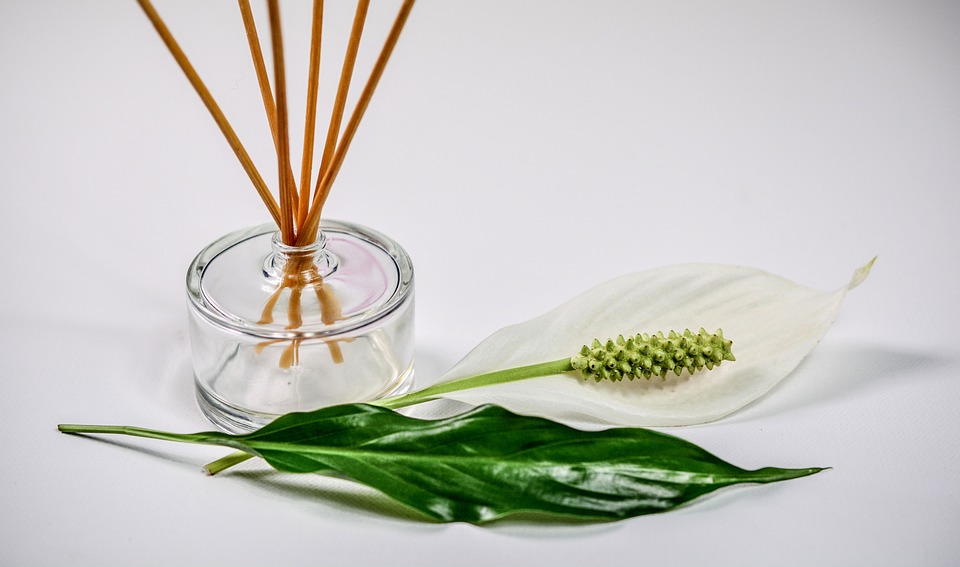Revolutionary AI is Predicting Scents Using their Molecular Structure
It is no surprise that artificial intelligence is slowly but surely making itself a part of everyday life. People are already utilizing AI to develop training modules and to help keep businesses afloat through more efficient algorithms, so it’s only a matter of time before AI evolves into something more. However, did you know that an AI model predicts scents using their molecular structure alone?
That’s right; even if no human nose has smelled the composition before, an AI model can tell us how something might smell based on its molecules. Alex Wiltschko has been developing software for the past several years in Google Research that can effectively predict how molecules might smell.
An AI revolution for fragrance
While it’s understandable to assume that AI would make itself a part of daily life through data consolidation, it still seems like the realm of science fiction that it can effectively “smell” fragrances and make accurate predictions. Wiltschko’s idea is to utilize AI to develop the next generation of fragrances through molecular compositions. It’s intended for use in products such as lotions, perfumes, shampoos, and more.
The interesting thing is that our olfactory senses aren’t something that the most well-informed researchers entirely understand. Similar to the brain, people are still trying to come up with more concrete facts concerning how our senses work. For the moment, we know that the molecules bind to our odor receptors, which effectively relays the information to our brains.
The trouble with categorizing odors
To put things into perspective, color is something that can be placed in a color wheel. It’s something that everyone can understand, even if some of us might perceive color a little differently from the other. Red will still be red in everyone’s perspective. It’s not the same with scents, which are quite a bit more complex than a wheel can explain.
Organizing smells is something that people have yet to accomplish, but it’s the very thing Alex Wiltschko wants to do, and his team has made surprising progress. The fact that olfaction is considered more subjective than anything makes it tricky, but Wiltschko’s team at Google Research seeks to categorize smells.
Revitalizing the fragrance industry
The trouble is that the fragrance industry is finding it more and more challenging to source ingredients. For example, climate change has made it more challenging to source flowers popular for perfumery. There are also ethical issues that stem from using the musk and odors of specific animals.
Chemists have figured out how to replicate specific aromas, but it’s still largely a work-in-progress.
Conclusion
Development of the AI is still in the early stages, and there are still a few limitations regarding what the AI can accomplish. However, the fact that there’s accuracy to a degree when figuring out odors from molecular composition shows plenty of promise.
It might only be a matter of time before the world of fragrances is revitalized by synthetic smells, developing natural-smelling scents without having to worry about dwindling resources. It’s undoubtedly one of the more interesting and out-of-the-box solutions involving artificial intelligence, especially since olfactory science is extremely complex.


